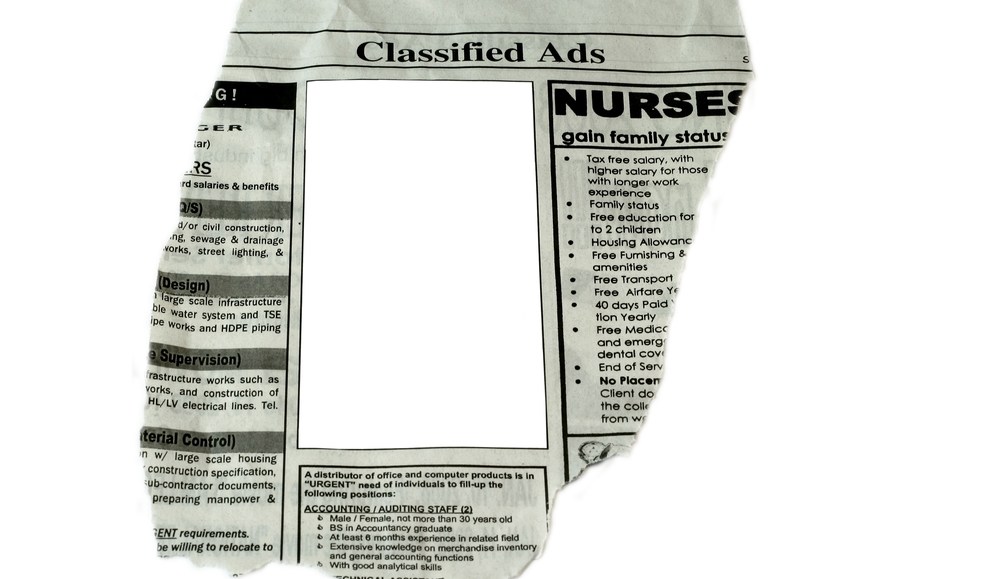Save 50% on a 3-month Digiday+ membership. Ends Dec 5.

“Confessions of an Ad Tech Exec” underscores an unsettling feeling that’s been building up in me over the past few years. It’s quite possible that the online ad industry is on a dangerous path. It seems as though the industry has lost the plot in its attempt to become more like the financial industry. We know how that story ends.
The first wave of online ad innovation has enabled marketers to buy and trade consumers like pork bellies. Marketers can now reach consumers anywhere: at work, in their living rooms, in their cars — even in their bathrooms. But when it comes to advertising, the Internet revolution has largely overlooked the most important piece of the marketing equation: the ad itself.
While marketers can now easily make ads in different shapes, colors and sizes, these adjustments are merely window dressing. The Internet’s impact on advertising can, and should, go beyond daytrading attention widgets and making superficial changes in ad presentation. Consumers don’t want more ads; they want answers. They want information that will help them make better decisions. Google isn’t just a prettier yellow page application; it is a shift in the way we gather information. Facebook doesn’t just change the format of a friendly conversation; it has changed the way we connect with our communities. Why should advertising be the exception? In order to live up to the promise of digital advertising, we need to transform the ad itself. Ads should speak directly to a consumer’s needs by understanding and relating directly to what the consumer wants — all in real time and all on a large scale.
The prevailing industry approache to addressing this issue are either pure art or artless tech. The art approach will always produce Mad Men masterpieces but on a very limited scale (quick, how many ads do you remember from the Super Bowl?) The artless tech approach takes a Mad Libs angle to ad-building that doesn’t understand the meaning of each attribute of a marketer’s offering and why it resonates with the end consumer. The Mad Libs approach mixes and matches words and images but doesn’t build and optimize the actual copy of an ad to read as if a person wrote it and relate to the consumer based on her interests and intent. The result is a carpet bombing of ads without meaning.
Given the vast sums of capital and intellectual fire power thrown at online marketing, I think we as an industry can do better than pork bellies, urinal impressions and Mad Libs. By better blending the art and science of marketing, the ad industry can provide tools to marketers to help them address the most important piece of the marketing equation. Above all else, the industry needs to enable marketers to determine what they have to offer that deserves the attention of the almighty consumer.
In order to deliver on the true promise of Internet advertising, the whole industry needs to shift its focus. All of the heat right now seems to be on finding and
pricing targeted consumers and matching them like a stock exchange to advertisers. There is some usefulness in this technology, but the industry has swung too hard in this direction. The swing has been so hard, in fact, that marketing is starting to feel more like another bad remake of “Wall Street” (any nominees for the role of Gordon Gekko?). While we have more ads in more places at cheaper prices, consumers are ignoring those ads in larger numbers. It’s time we shift the focus back from daytrading to marketing. The promise of Internet advertising is still in front of us. Let’s work together to give consumers ads that are meaningful and help marketers get back to marketing.
Jason Lehmbeck is CEO and co-founder of DataPop, a paid search management platform.
Ad position: web_incontent_pos1
More in Marketing

Ulta, Best Buy and Adidas dominate AI holiday shopping mentions
The brands that are seeing the biggest boost from this shift in consumer behavior are some of the biggest retailers.

U.K. retailer Boots leads brand efforts to invest in ad creative’s data layer
For media dollars to make an impact, brands need ad creative that actually hits. More CMOs are investing in pre- and post-flight measurement.
Ad position: web_bfu
